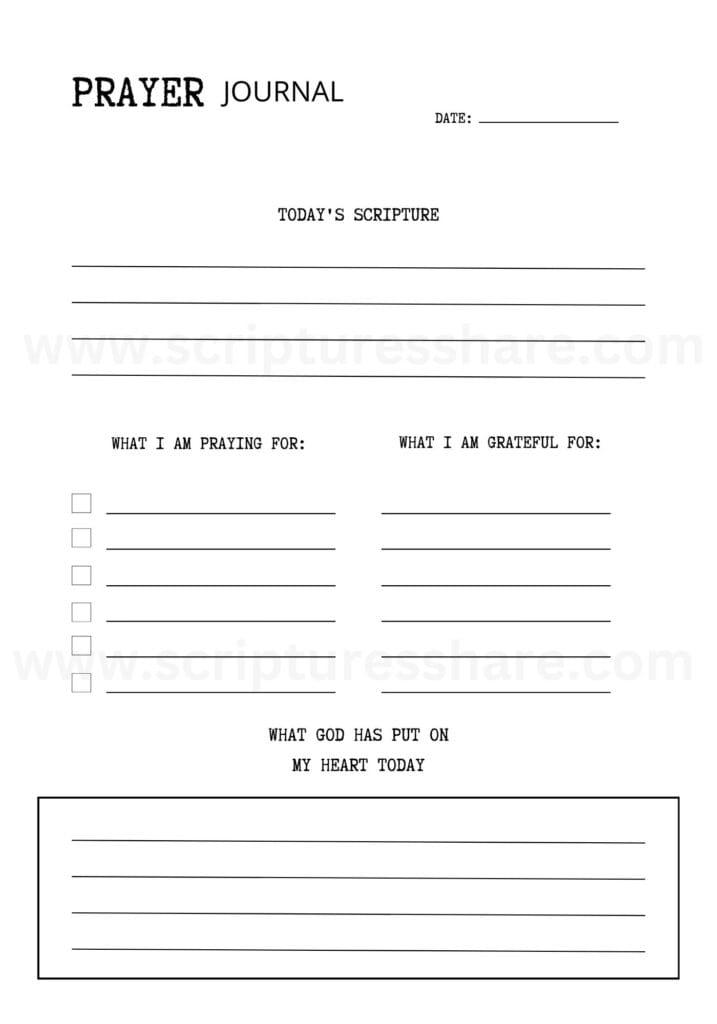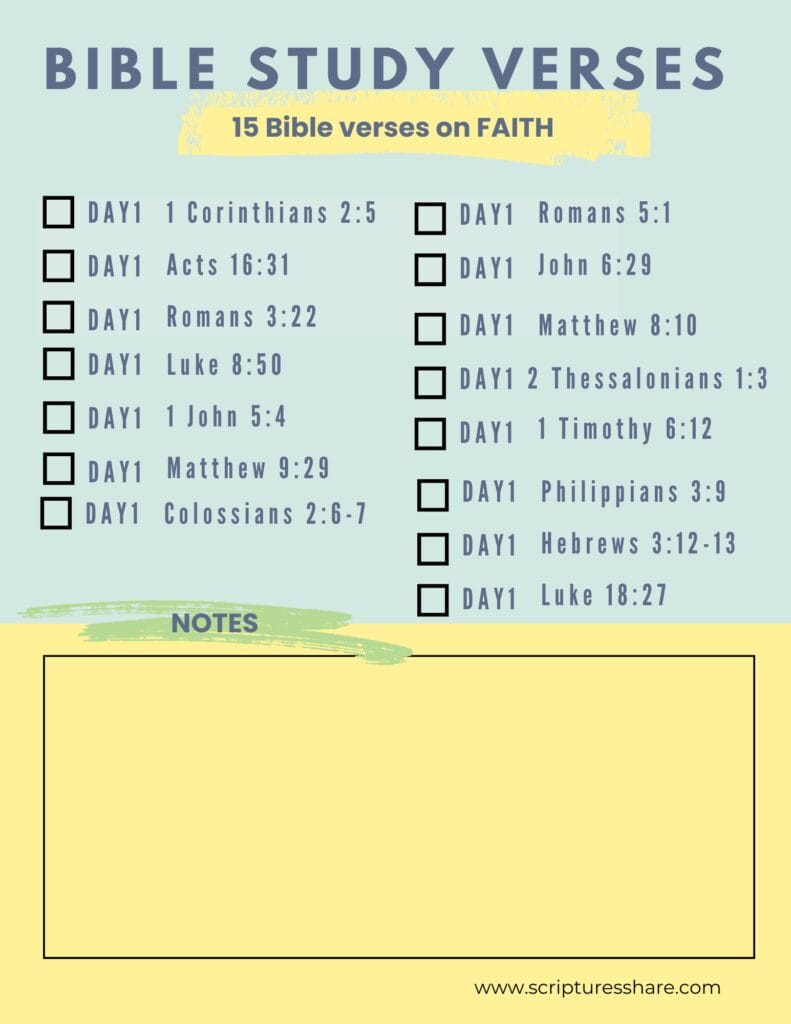No products in the cart.
8 Best Tips For Memorizing Scripture Easily At Home
This post contains paid and/or affiliate links. I make a small commission at no extra cost to you. Please see our Privacy Policy.
Memorizing scripture can be rewarding but also challenging. If you want to remember verses easily at home, there are proven methods to help. Here are some effective techniques for mastering scripture memorization.
Understand the Meaning
Start by understanding the meaning of the verses. Knowing the context and implications makes it easier to remember. Ask yourself questions like:
- What is the message of this verse?
- How does it apply to my life?
- What imagery or emotions does it evoke?
This approach makes memorization meaningful, not just about remembering words.
Create a Memorization Plan
Having a plan helps you stay organized. Here’s how to create your schedule:
- Select a verse each week.
- Break the verse down into smaller segments.
- Schedule daily review sessions.
Choose specific times each day for memorization. Consistency is key!

Use Repetition Effectively
Repetition is a powerful tool for memorization. Here’s how to use it effectively:
- Write the verse down multiple times.
- Read it aloud to engage more senses.
- Recite the verse after several hours have passed.
This method strengthens your memory and reinforces what you’ve learned.
Visual Aids
Visual aids can enhance memorization. Consider these techniques:
- Create flashcards with verses and illustrations.
- Use sticky notes to display verses in prominent areas.
- Design a poster or infographic summarizing key scriptures.
Images are often easier for your brain to remember than words alone.
Engage in Group Memorization
Joining a group can make memorization more enjoyable. Here are ways to connect with others:
- Start a scripture memorization group with friends or family.
- Use social media to share your progress and challenges.
- Engage in church activities focused on scripture study.
Having others to hold you accountable can boost your commitment.
Incorporate Technology
Apps and online resources can streamline memorization. Some popular options include:
- Bible Memory App: Offers a space to store verses and practice.
- Scripture Typer: Provides typing exercises to memorize verses through interaction.
- Quizlet: A platform to create flashcards and games tailored to scripture.
These tools can make scripture study more engaging and fun.
Mindfulness and Prayer
Pair memorization with moments of reflection and prayer. Spend time meditating on the passage. You might try:
- Setting aside quiet time for prayer with your chosen scripture.
- Writing a personal prayer that incorporates the verse.
- Practicing mindfulness by visualizing the scripture in your daily life.
This spiritual connection can deepen your commitment and memory recall.
Evaluate Your Progress
Regularly check your memorization progress to stay motivated. Here are some ways to evaluate:
- Review memorized verses weekly to see how many you retain.
- Take notes on which verses you struggle with more.
- Celebrate milestones to keep your spirits high.
Tracking your journey shows how far you’ve come and where you can improve. Remember, everyone’s pace is different, and patience is key.
By using these techniques, memorizing scripture at home can enrich your routine. Whether you like visual aids, group study, or digital tools, you have many options. With understanding, repetition, and creativity, you can improve your scripture memorization skills.

The Importance of Contextual Understanding in Scripture Memorization
When you start to memorize scripture, knowing the context is key. Each verse has its own story, audience, and purpose. This makes simple words into powerful messages. Understanding the context helps you remember these verses better.
Scripture often tells rich stories. Knowing the characters, events, and culture helps you remember. For example, Psalm 23 makes more sense when you know King David wrote it during a tough time.
Also, the original language adds depth. Words in Hebrew or Greek can mean different things. Knowing this can make memorizing more meaningful.
For instance, “love” in Greek has several meanings, adding emotional depth to your understanding.
Context also means knowing who the scripture was written for. What were their struggles and beliefs? Memorizing a passage about early Christians facing persecution can create empathy.
Knowing Paul wrote Philippians while in prison adds a poignant layer to memorizing it.
Understanding the bigger story is also important. All verses are connected, telling one story. When memorizing John 3:16, think about its place in the story of love and salvation. This helps strengthen your memorization.
One way to remember scripture is to visualize scenes. Imagine the Last Supper when memorizing Matthew 26:26–29. This method makes memorizing easier and more engaging.
Study aids like commentaries can also help. They provide insights into the background and meaning of the scripture. For example, “The New Testament in Its World” by Campbell offers deep insights into Acts.
Creating a framework for memorization is also helpful. It helps you connect scripture with context:
- Select the Verse: Choose a verse you want to memorize.
- Research Context: Look into the circumstances surrounding the verse.
- Write Down Insights: Jot down key points about the audience and cultural background.
- Visualize the Scene: Create a mental image of the verse in action.
- Link Verses: Find and memorize related verses to enhance understanding.
- Recap Regularly: Go over the verse and its context frequently for better retention.
Don’t forget the power of community. Group studies or discussions can deepen your understanding. Hearing different perspectives can make scripture more meaningful.
When you understand the context, you’ll find memorizing scripture easier and more impactful.

Conclusion
Memorizing scripture at home can be rewarding and enriching. Using techniques like repetition, visualization, and writing out verses makes it enjoyable. These methods help you remember scripture better and make learning fun.
Understanding the context of each verse is key. When you know the meaning and background, verses become more relatable. This connection makes memorization easier and more meaningful.
Using these strategies and understanding the context deeply, scripture verses will resonate more with you.
This transforms memorization into a meaningful practice that grows your spirit. The right techniques and context lead to a stronger connection with scripture.
Whether you’re starting or improving your scripture memorization, these tips will help. Mixing these strategies into your daily routine makes memorizing scripture a fulfilling habit.
This practice enriches your life, making your faith stronger and your spiritual journey more meaningful.













